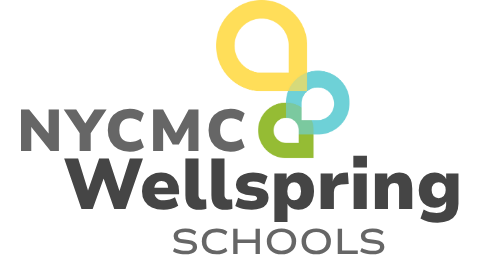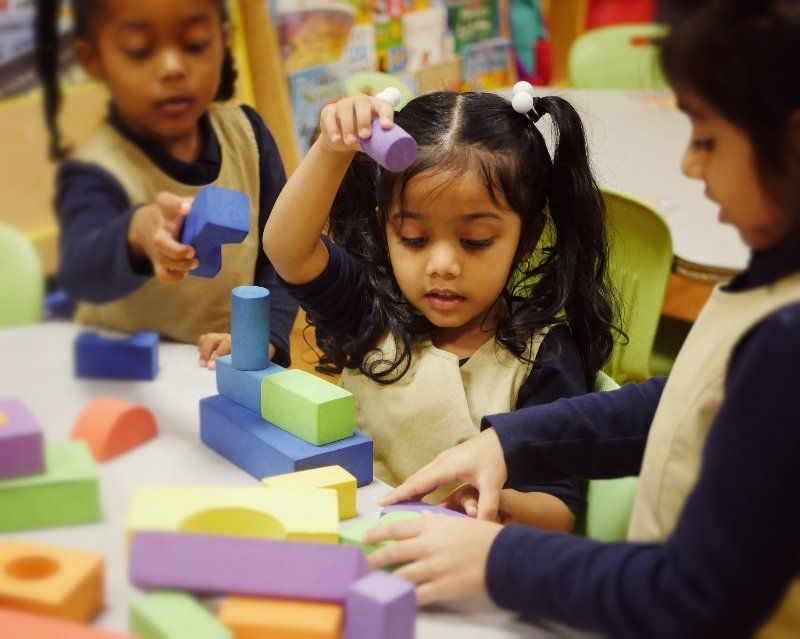Wellspring ModelCore Academics
Wellspring Model
Core Academics
Core
Academics
Core
Academics
Language Arts
English language arts strives to improve students’ literacy abilities in reading, writing, speaking, and listening and is adapted to each student's developmental level. The components of the language arts are not taught in isolation. Reading, phonics, writing, grammar, and guided reading are all intertwined and linked to one another, making each element of the literacy meaningful for all students. Additionally, Islamic literature is infused as appropriate so that students have exposure to Muslim writers and Islamic themed reading materials.
Our curriculum resources have provisions for struggling, proficient, and advanced students, as well as scaffolds for English language learners and students needing targeted interventions. Through differentiated instruction, teachers prepare multiple pathways to accelerate students’ literacy strategies.
Mathematics
Mathematics at The Wellspring Schools uses an instructional approach is designed to:
- Support students in making sense of mathematics and to ensure they are mathematical thinkers
- Emphasize reasoning about mathematical ideas
- Personalize learning to engage the range of learners in understanding mathematics
- Focus on computational fluency
- Provide substantive content with connections in the areas of mathematics
- Deliver hands-on experience
- Provide challenging materials derived from multiple resources
In the elementary grades, students utilize manipulatives as an instructional modality to uncover mathematical concepts as well as deepen their knowledge of mathematics.
Science
The best way for students to appreciate the scientific enterprise is to learn important scientific and engineering concepts, develop the ability to think deeply, and to actively participate in scientific practices through their own investigations and analyses. Science at The Wellspring Schools takes an exploratory approach to learning science.
Our science curriculum is designed to advance scientific knowledge by having students observe objects and events, think about how they relate to what is known, test their ideas in logical ways, and generate explanations that integrate the new information into an understanding of the natural and designed worlds. Students then apply that understanding to solve real-world problems. Thus, the scientific enterprise is both what we know (content knowledge) and how we come to know it (science practices).
Social Studies
Social studies is an exciting journey around the globe. Our curriculum provides students with a well-rounded awareness of their self, environment, and the international community. Students enjoy social studies through inquiry-based and creative projects, the analysis of primary and secondary source documents, and disciplinary skills and practices. In middle and high school, students take a humanities approach to social studies and English language arts.

